LONDON, UK: The occurrence of fractures at an older age may depend on the number of teeth the person has left. A study conducted by King’s College London Dental Institute on elderly Americans has recently suggested that people over 50 with less than 20 teeth are at the highest risk of developing musculoskeletal frailty.
Participants in the study with more than 20 teeth were significantly less likely to be frail. They were also found to consume a significantly larger amount of nutrients compared to the group with less than 20 teeth, which the researchers explained is due to their inability to chew and consume certain foods.
Of those with less than 20 teeth, however, the participants wearing dentures were scoring higher in terms of nutritional intake, suggesting that such a mouthpiece can actually help lower the risk of frailty.
The study, which was conducted as part of larger health examinations among 9,000 Americans over the ages of 50, used a combination of interviews on nutritional intake as well as clinical examinations that included, among others, oral health assessments and handgrip strength tests. According to lead researcher Dr Wael Sabbah, the study not only highlights the significant relationship between oral health and the deficiency of the intake of essential nutrients, but also the importance of older adults to maintain functional dentition throughout their life.
“To date, the majority of efforts to improve frailty have focused on nutrition strategies, including health education, while the influence of teeth on dietary restraint of the elderly has been neglected,” he said. “The findings of this analysis, along with that reported in earlier research, suggest that the use of dentures could be a neglected intervention that could potentially have a preventative impact on musculoskeletal frailty.”
The study “Association between number of teeth, use of dentures and musculoskeletal frailty among older adults” was published online on 7 December in the Geriatrics & Gerontology International journal.
LEEDS – According to new statistics published by UK health authorities, there has been a constant increase in the number of dentists in the country ...
MANCHESTER – About 3.7 million British citizens have no natural teeth and many of them wear dentures and consequently have difficulty chewing and ...
LEEDS – Last week, the National Health Service (NHS) released the latest statistics regarding the number of patients seen by NHS dentists in England ...
MELBOURNE, Australia/LONDON, UK: It is widely known that poor nutrition is a risk factor for frailty. Similarly, the link between nutrition and oral health ...
ANDOVER – Although many studies have proven that poor oral health negatively affects a person’s overall health too, three in ten people may not ...
Artificial intelligence (AI) has seen a rapid surge in popularity and accessibility in dentistry, and more broadly in healthcare. Publicly available AI ...
BELFAST, UK: Aimed at reducing childhood caries levels in the region, the Northern Ireland Caries Prevention in Practice Trial (NIC-PIP) has been ...
LONDON, UK: Orthodontic treatment is becoming increasingly popular among adults in the UK, results of a survey by the British Orthodontic Society have ...
BUENOS AIRES, Argentina: As populations age, the number of people who need advice on the best denture care will rise over the coming years. Therefore, new ...
LONDON, UK: Looking back in time through archaeology has revealed many insights to explain where Homo sapiens came from. By examining teeth, scientists have...
Live webinar
Tue. 24 February 2026
6:00 pm UTC (London)
Prof. Dr. Markus B. Hürzeler
Live webinar
Tue. 24 February 2026
8:00 pm UTC (London)
Prof. Dr. Marcel A. Wainwright DDS, PhD
Live webinar
Wed. 25 February 2026
4:00 pm UTC (London)
Prof. Dr. Daniel Edelhoff
Live webinar
Wed. 25 February 2026
6:00 pm UTC (London)
Live webinar
Thu. 26 February 2026
1:00 am UTC (London)
Live webinar
Tue. 3 March 2026
4:00 pm UTC (London)
Dr. Omar Lugo Cirujano Maxilofacial
Live webinar
Wed. 4 March 2026
1:00 am UTC (London)
Dr. Vasiliki Maseli DDS, MS, EdM



 Austria / Österreich
Austria / Österreich
 Bosnia and Herzegovina / Босна и Херцеговина
Bosnia and Herzegovina / Босна и Херцеговина
 Bulgaria / България
Bulgaria / България
 Croatia / Hrvatska
Croatia / Hrvatska
 Czech Republic & Slovakia / Česká republika & Slovensko
Czech Republic & Slovakia / Česká republika & Slovensko
 France / France
France / France
 Germany / Deutschland
Germany / Deutschland
 Greece / ΕΛΛΑΔΑ
Greece / ΕΛΛΑΔΑ
 Hungary / Hungary
Hungary / Hungary
 Italy / Italia
Italy / Italia
 Netherlands / Nederland
Netherlands / Nederland
 Nordic / Nordic
Nordic / Nordic
 Poland / Polska
Poland / Polska
 Portugal / Portugal
Portugal / Portugal
 Romania & Moldova / România & Moldova
Romania & Moldova / România & Moldova
 Slovenia / Slovenija
Slovenia / Slovenija
 Serbia & Montenegro / Србија и Црна Гора
Serbia & Montenegro / Србија и Црна Гора
 Spain / España
Spain / España
 Switzerland / Schweiz
Switzerland / Schweiz
 Turkey / Türkiye
Turkey / Türkiye
 UK & Ireland / UK & Ireland
UK & Ireland / UK & Ireland
 International / International
International / International
 Brazil / Brasil
Brazil / Brasil
 Canada / Canada
Canada / Canada
 Latin America / Latinoamérica
Latin America / Latinoamérica
 USA / USA
USA / USA
 China / 中国
China / 中国
 India / भारत गणराज्य
India / भारत गणराज्य
 Pakistan / Pākistān
Pakistan / Pākistān
 Vietnam / Việt Nam
Vietnam / Việt Nam
 ASEAN / ASEAN
ASEAN / ASEAN
 Israel / מְדִינַת יִשְׂרָאֵל
Israel / מְדִינַת יִשְׂרָאֵל
 Algeria, Morocco & Tunisia / الجزائر والمغرب وتونس
Algeria, Morocco & Tunisia / الجزائر والمغرب وتونس
 Middle East / Middle East
Middle East / Middle East




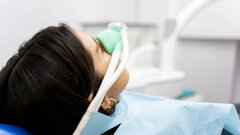






















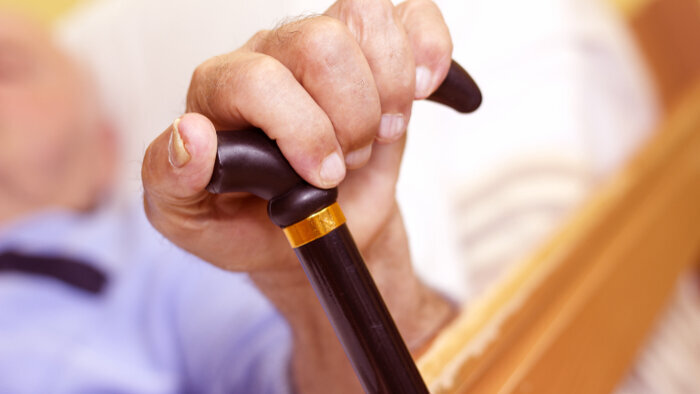




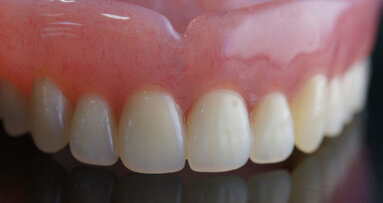
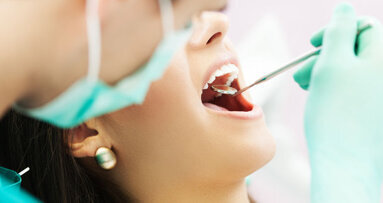

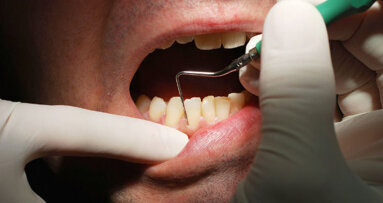
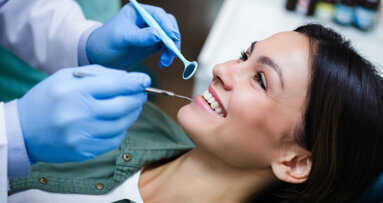


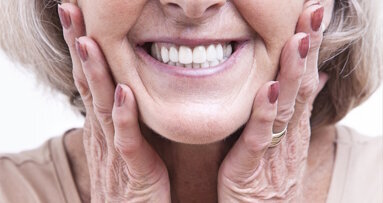
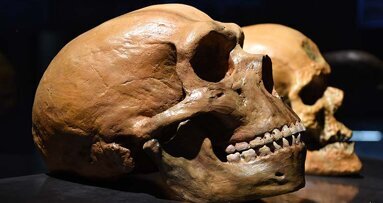









These are just the tip of the dental role in this health iceberg. With a constant dietary change (sugar smoking and alcohol and arguably sleep fragmentation in the past 200 years there is solid evidence that via HOX genes the growth pattern of the mid-face has been most affected. This leads to both a mismatch between Maxilla and mandible – impacting TMJ and also reduction in size of the naso-maxillae. The spinoff is more non-nasal breathing and via a complex of mechanisms including intermittent hypoxia and induction of Hypoxia- Induced Factors – systemic inflammation. Thus dental role should include co-management of facial growth. Bonuck showed – based on the decade-long Avon River study that the adverse changes are seen with 6 month-old babies who mouth-breathe – hold their breath and snore – Those who still do this at 4 yo all (100%) go on to develop irreversible learning and socialising difficulties. Sleep interruption drives both bruxing, morning headaches and reflux. This trio (of Rouse) is probably responsible for more decay and erosion than recognised. So tooth loss and bite changes are just the between the eyes clue for everyday dentists… check the patient’s medications and ask what is the oral connection –